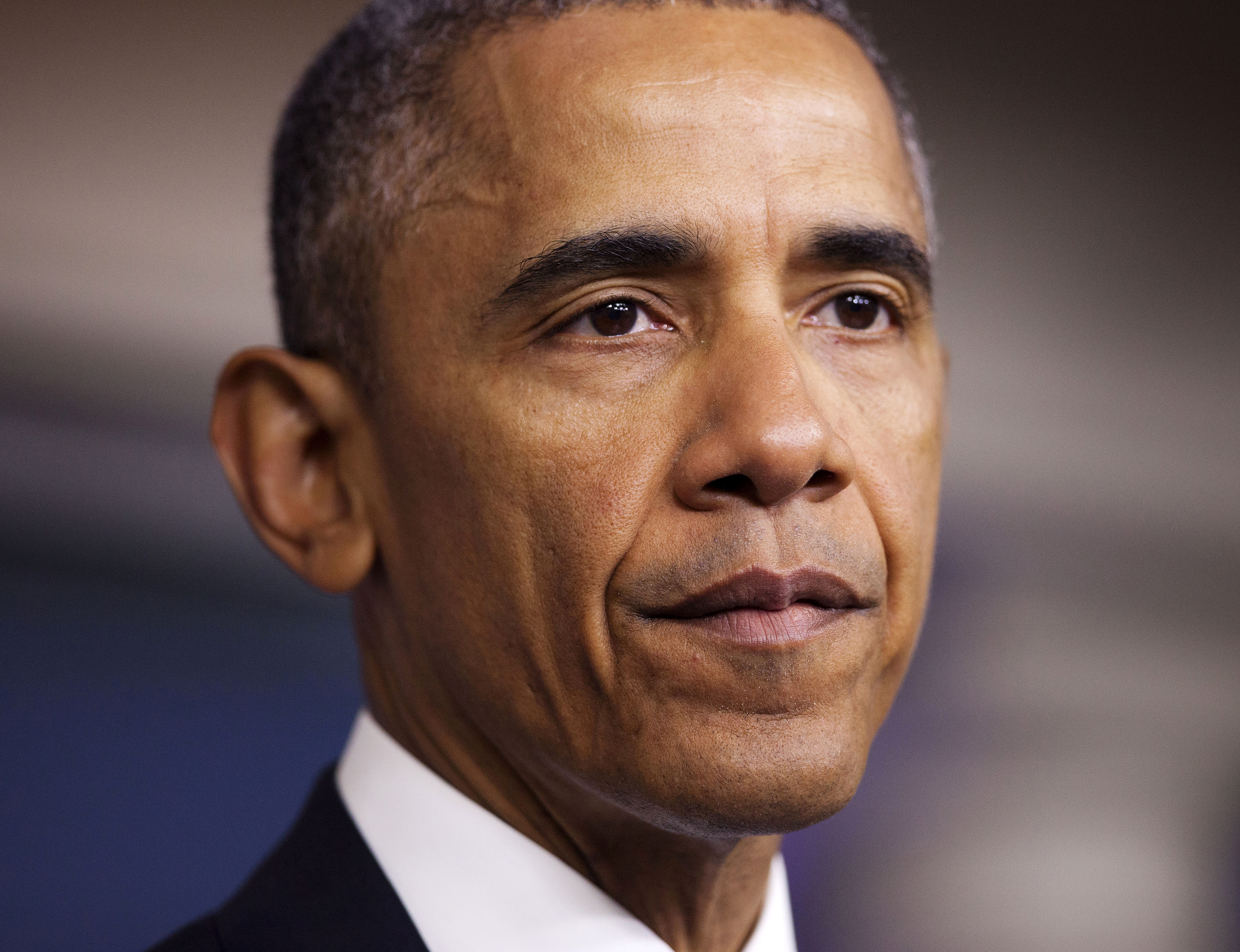CLAYTON, Mo. (AP) — A Missouri judge gave strong indications Friday that he might toss a lawsuit by four activists seeking an independent investigation of a prosecutor’s handling of grand jury proceedings in the Michael Brown shooting case.
St. Louis County Circuit Judge Joseph Walsh III heard 90 minutes of arguments before deciding to resume the hearing on May 29. But he told the activists’ attorneys that an outside investigation may be unnecessary, since the U.S. Justice Department reached the same conclusion as the county grand jury that declined to prosecute Darren Wilson, the white Ferguson police officer who shot and killed Brown, a black, unarmed 18-year-old.
The activists want Walsh to appoint a special prosecutor to investigate what they claim was misconduct on county prosecutor Robert McCulloch’s part.
Maggie Ellinger-Locke, an attorney for the activists, insisted that McCulloch acted in “bad faith” and “intended to prevent all of the evidence (from being presented) to the grand jury” out of a desire to not have Wilson charged. She noted that Wilson was allowed to tell the grand jury his version of his and Brown’s encounter last summer. Potential defendants seldom are allowed to testify during the secret proceedings, she said.
Peter Krane, the county counselor representing McCulloch’s office, urged the judge to throw the lawsuit out. He said the activists failed to show McCulloch committed any willful or fraudulent violations of his duties or neglected his responsibilities.
He argued that the lawsuit amounts to an attempt by the activists to impose their judgment over that of the prosecutor, who has discretion in deciding what evidence to introduce during grand jury proceedings, how it’s presented and who testifies.
“The prosecutor is free and should be allowed to adjust and consider the best course based on the circumstances,” Krane said.
The grand jury’s decision in November to not indict Wilson, who is white, touched off angry protests in Ferguson similar to the unrest that occurred in the St. Louis suburb immediately after Brown’s August death.
The death of Brown, who was black, also led to demonstrations in other cities and spawned a national movement seeking changes in how police deal with minorities.
Wilson resigned in November. The Justice Department later cleared him in the shooting but released a scathing report that cited racial bias and racial profiling in the Ferguson Police Department and in a profit-driven municipal court system that frequently targeted blacks.
Judge Walsh pointed to the Justice Department findings when responding to arguments in the activists’ case Friday.
“What better special prosecutor do we have than all the wealth and power of the United States Department of Justice?” Walsh asked. “I don’t know why I can’t rely on this as a substitute for a special prosecutor.”
Walsh questioned whether McCulloch, under the county’s charter, could be impeached or recalled from office — options that would make the lawsuit’s efforts to ultimately oust the prosecutor moot. Attorneys for the county and the activists said they had no immediate answer. The judge gave them until the next court date to do research and submit written arguments.
The hearing on Friday came a day after Brown’s parents filed a wrongful-death lawsuit against the city of Ferguson, Wilson and Ferguson’s former police chief. Attorneys for the family promised the case would bring to light new forensic evidence and raise doubts about the police version of events.
Copyright © 2026 The Associated Press. All rights reserved. This material may not be published, broadcast, written or redistributed.





